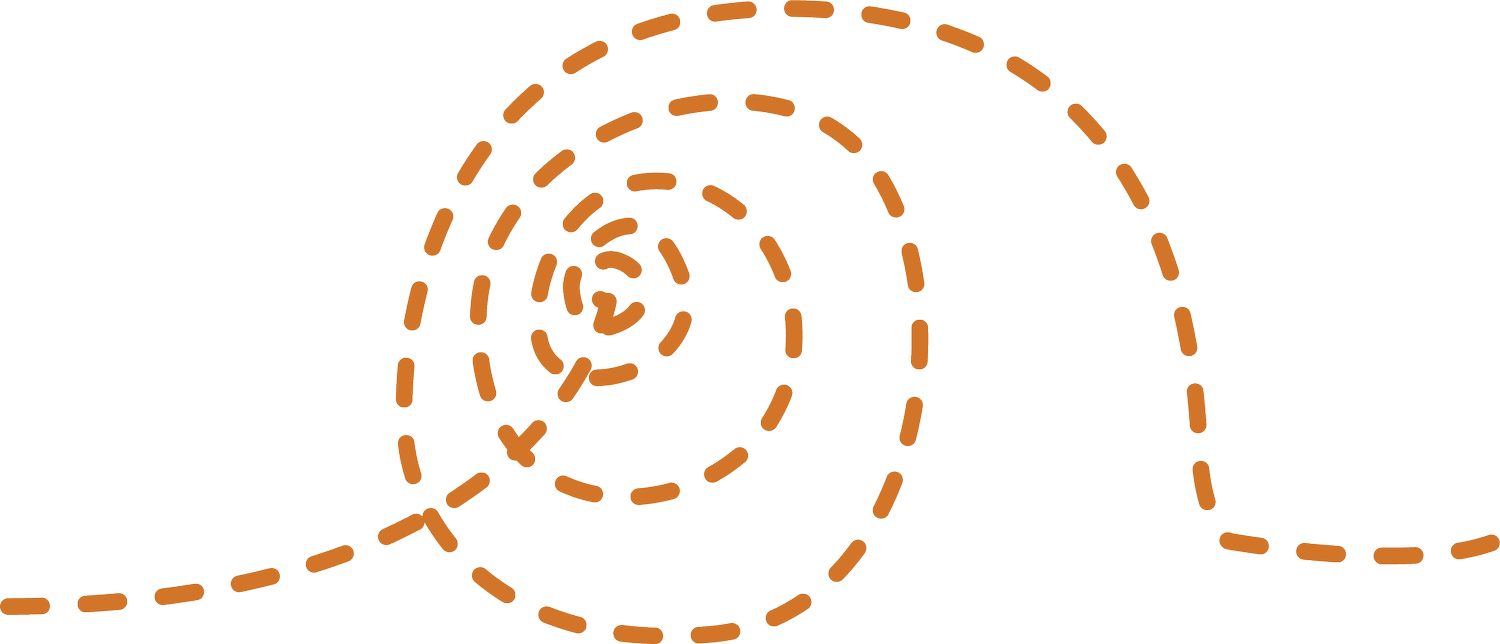The Power of Curiosity in Coaching
Given I am a tragic sports enthusiast, I narrowed in on a recent article in Stellar1 where Karlie Rutherford was interviewing Cameron McEvoy, a competitive swimmer who represented Australia at the 2012, 2016, 2020 and 2024 Summer Olympics. What struck me was Cameron’s quote ruminating over the efficacy of training methods used by his coach and teammates, it read “there can be an environment where, if you question or come in with a bit of curiosity, it’s not really met with open arms”. As world renown Coach Michael Bungay-Stanier2 suggests “questions are the kindling of curiosity” and need to be welcomed, which aligned with Cameron’s stance. His powerful questions led to him challenging the training regime he had operated under since he started his career at five years of age. The rest is history as this curiosity lead to challenging the tried-and-true training regimes in the world of swimming, ultimately becoming the first Australian to win a gold medal in the men’s 50m freestyle. Such curiosity and questioning of norms can lead to innovation.
Questions and curiosity, while thankfully not confined to coaching, are a touchstone of coaching. Curiosity leads coaches to better understand their coachees and their unique perspectives, challenges, and goals. It can lead to greater clarity about the truths of situations and enable the coachee to acknowledge, navigate and own their responses. Curiosity is powerful in coaching as it can lead to better outcomes and coaches can foster an environment that welcomes curiosity.
The irony is I want to ask you to “meet curiosity with open arms”, yet I find myself giving advice!
1. Rutherford, K. (2024, September 29). Think or Swim. Stellar in Sunday Herald Sun, 14
2. Bungay Stanier, M. (2016). The Coaching Habit. Box of Crayons Press.

